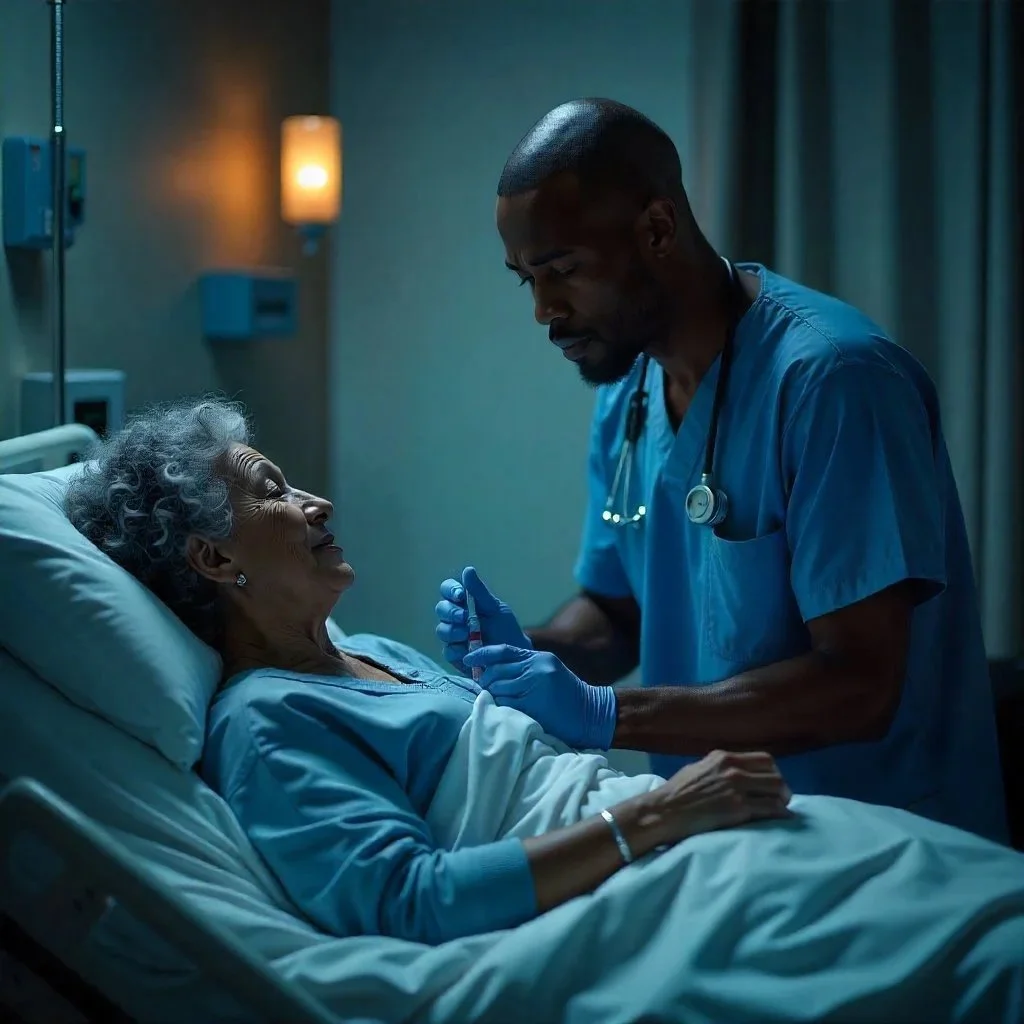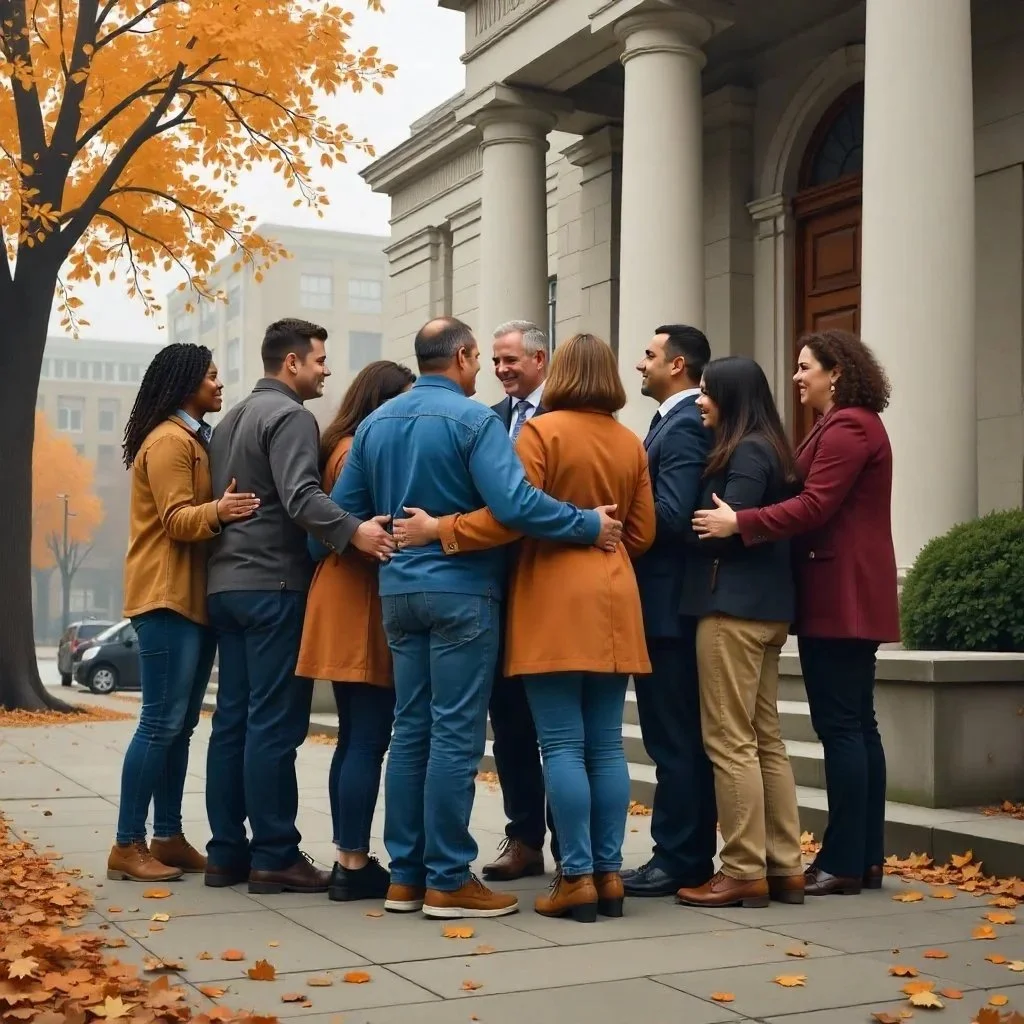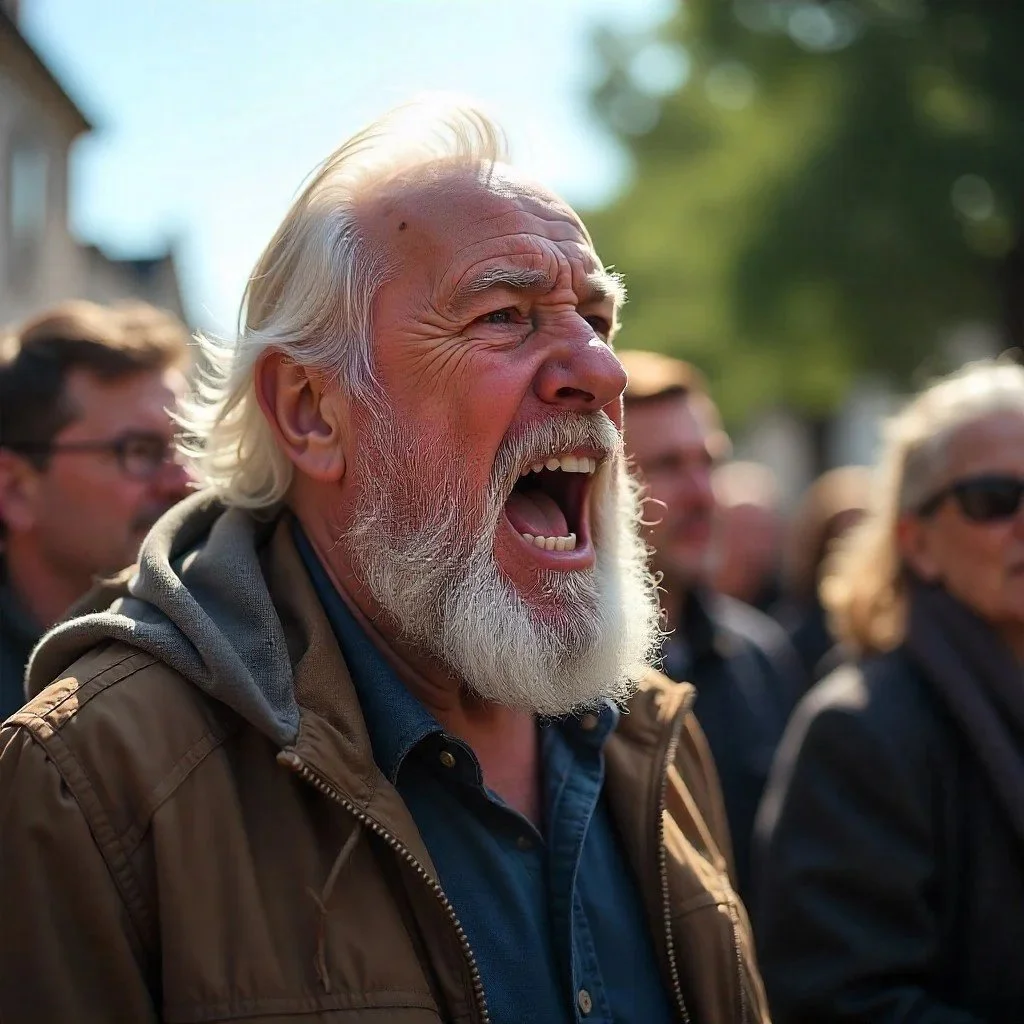Church Buildings Remain Vital
Written by Rev. Dr. Scott Paczkowski
“Go up to the hills and bring wood and build the house, that I may take pleasure in it and that I may be glorified, says the Lord. ”
There are a group of Christians who are anti-church building. They believe buildings suck time and money away from the mission of the church. Often, these Christians claim they are reverting to a more-innocent Christian period with greater integrity when the earliest churches were house churches. But these Christians forget that these churches were too tiny &/or politically outside the majority to benefit church buildings. When early Christians were able, they often built church buildings.
Churches provide room for more significant numbers with more diversity. Church buildings offer space for more extensive Christian Educational opportunities. Church buildings have provided care for many people in need, from A.A. meetings to voting stations, to homeless shelters. Buildings also offer the spiritual function of awe which speaks to spiritual depth and meaning.
In his book My Creative Space, Donald Rattner tells the story of Jonas Salk and how the place made a huge difference in his finding a cure for polio. In Pittsburg, Salk’s laboratory was cold and dreary. The dreary environment was so heavy, Salk couldn’t soar high enough to create a cure. “Salk went on to commission one of the great architects of his era, Louis I. Kahn, to design a building to house an institute for science and the humanities he was founding in La Jolla, California.” Salk believes there was a “…cause-and-effect relationship between the beauty of the setting and his creative breakthrough.”
Walking into the expanse of our church offers a setting where spiritual creativity and reflection take place. The Sanctuary and Chapel provide the spiritual and sacramental, while other parts of the building provide creative space for fellowship and mission. The building is far from a drain, but provides infinitely more than any house church ministry could muster. Today, ponder the ways church buildings have influenced and blessed your life and ministry experiences. Then, pray for the future of our congregations and the difference they make in the communities they serve.










